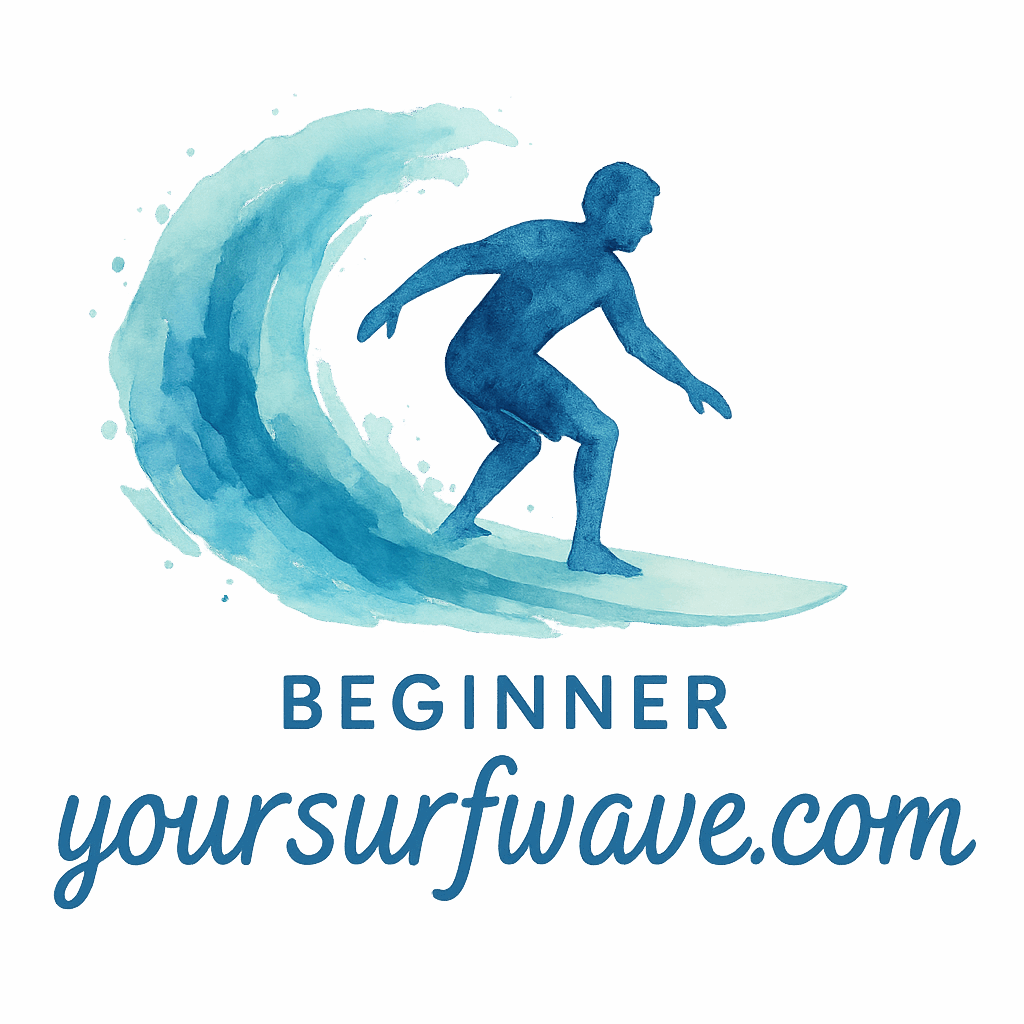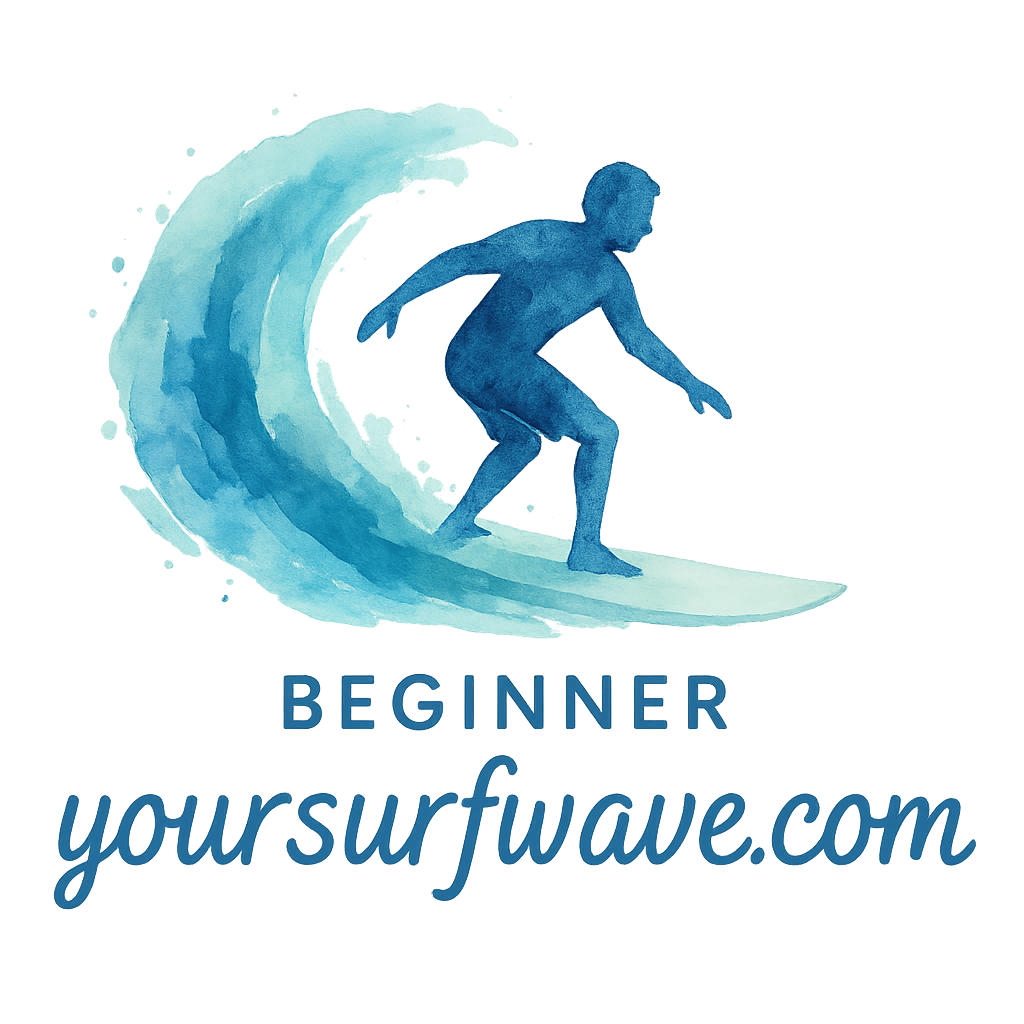Introduction: Surfing’s Reputation vs. Reality
Let’s be honest—surfing looks cool, feels freeing, and often gets portrayed like it’s all sunshine and barrel rolls. But if you’re a beginner? It can also be a bit intimidating, especially with all the misconceptions floating around.
In this article, we’ll break down 8 common surfing myths that keep many people from even trying to ride their first wave. Whether you’re curious about surfing, just starting out, or want to avoid beginner mistakes, you’re in the right place.
We’ll also guide you with helpful resources from Your Surf Wave to steer you in the right direction.
Myth #1: Surfing Is Easy to Learn
The Learning Curve Is Real
Here’s the truth: surfing is not something you master in a weekend. While pop culture might make it seem as simple as jumping on a board and riding away into the sunset, the reality involves balance, timing, wave reading, paddling, and wipeouts—lots of wipeouts.
What Beginners Should Actually Expect
As a beginner, you’ll probably spend more time falling than standing, and that’s okay. Surfing is a humbling sport, and the key is to celebrate small victories—like catching your first whitewater wave or standing up for three seconds.
👉 Get started with these beginner tips to ease into the learning curve the smart way.
Myth #2: You Need to Be Super Fit to Start Surfing
Basic Fitness Helps, But It’s Not Everything
Yes, surfers are often in great shape, but you don’t need six-pack abs or elite athleticism to start. What you do need is a willingness to move, swim, and build stamina gradually.
How You Can Train at Home
Can’t make it to the beach yet? No worries. Improve your paddling strength and core balance through surf-specific home workouts. Check out Surf Fitness for at-home routines that fit any schedule.
Don’t forget these helpful tags for additional fitness tips:
Myth #3: Bigger Waves Are Better
Why Smaller Waves Are Ideal for Starters
We get it—those massive waves on surf videos look epic. But here’s the deal: small, clean waves are perfect for beginners. They’re safer, easier to catch, and offer more time to pop up and ride.
Wave Size Doesn’t Equal Skill Level
Chasing big waves too early isn’t just risky—it’s counterproductive. Progress comes from mastering the basics in manageable conditions.
Explore beginner-friendly surf locations that offer gentle waves ideal for practice.

Myth #4: You Need Expensive Gear to Start
Quality Doesn’t Mean Costly
You don’t need a $1,000 surfboard or premium wetsuit to begin your journey. Many first-timers actually start with soft-top boards, which are cheaper and safer.
Essential Gear for Beginners
Here’s what you really need:
- A soft-top surfboard (check this tag)
- A reliable leash
- A wetsuit if you’re in cooler waters
- Wax for traction
Browse through the Surf Gear section for more affordable recommendations and gear reviews.
Myth #5: Surfing Is a Solo Sport
Community and Culture in Surfing
Surfing has a deeply connected culture. In most surf spots, you’ll find friendly folks willing to share tips or offer a push into your first wave.
Surfing Safety in Groups
Going out with others isn’t just fun—it’s safer, especially for beginners. Local surf schools and camps also offer a more supportive environment.
Get into the vibe of the surf lifestyle and join communities that welcome new surfers.
Myth #6: You Have to Live Near the Ocean to Learn
Surf Camps and Travel Opportunities
Sure, living by the beach helps. But you can still plan surf vacations, attend camps, or hit up indoor surf parks to gain experience.
Use this surf travel tag to find beginner-friendly destinations and plan your trip.
Indoor Training Can Prep You Too
No ocean nearby? No problem. Practice balance drills, pop-ups, and surf fitness routines right at home. Improve your skills with surf fitness programs and get prepped for your next surf trip.
Myth #7: You’ll Master Surfing Quickly
Progress Takes Time
Even pro surfers wipe out regularly. Surfing is about learning wave patterns, timing, board control, and—most importantly—patience.
Why Consistency Beats Perfection
Focus on showing up. You don’t need to be perfect; you just need to be consistent. Surfing is about riding your own wave—figuratively and literally.
Check out these beginner surfing guides to keep your momentum going.
Myth #8: Surfing Is Just for the Young and Wild
Surfing Is Ageless
Guess what? There are surfers in their 40s, 50s—even 70s—catching waves with a grin. Surfing isn’t about age; it’s about attitude.
Wellness Benefits for All Ages
Surfing helps improve mental health, balance, coordination, and emotional well-being. It’s a mindful sport that connects you to nature.
Explore the healing aspects of surfing therapy and surf benefits for your overall wellness.
Conclusion: Surf Smarter, Not Harder
So, the next time someone tells you surfing is easy, expensive, or only for a certain type of person, smile and paddle out anyway. Surfing is a journey, not a race. By debunking these surfing myths, you’re setting yourself up for a healthier, more rewarding ride.
Ready to start your surf journey? Dive into Your Surf Wave for all the resources you need—from beginner tips to surf gear, fitness, and beyond.
FAQs
1. What is the best age to start surfing?
There’s no “best age.” Whether you’re 8 or 68, if you can swim and want to learn, you’re good to go.
2. Can I learn surfing without swimming?
Basic swimming skills are essential. Surfing involves paddling and being in open water, so confidence in water is crucial.
3. How long does it take to learn surfing?
It varies. Some stand on day one, others need weeks. What matters is consistent practice and staying motivated.
4. What gear do I need as a beginner?
A soft-top surfboard, leash, wax, and wetsuit if needed. You can find everything in the Surf Gear section.
5. Do I need surf lessons, or can I teach myself?
Lessons can accelerate your progress and ensure you learn safely. Self-teaching is possible, but less efficient.
6. Is surfing dangerous for beginners?
Surfing has risks, like any sport. But with the right conditions, gear, and guidance, it’s very safe for beginners.
7. Can surfing improve mental health?
Absolutely. Surfing offers physical activity, mindfulness, and a sense of freedom. Learn more on surfing therapy benefits.


